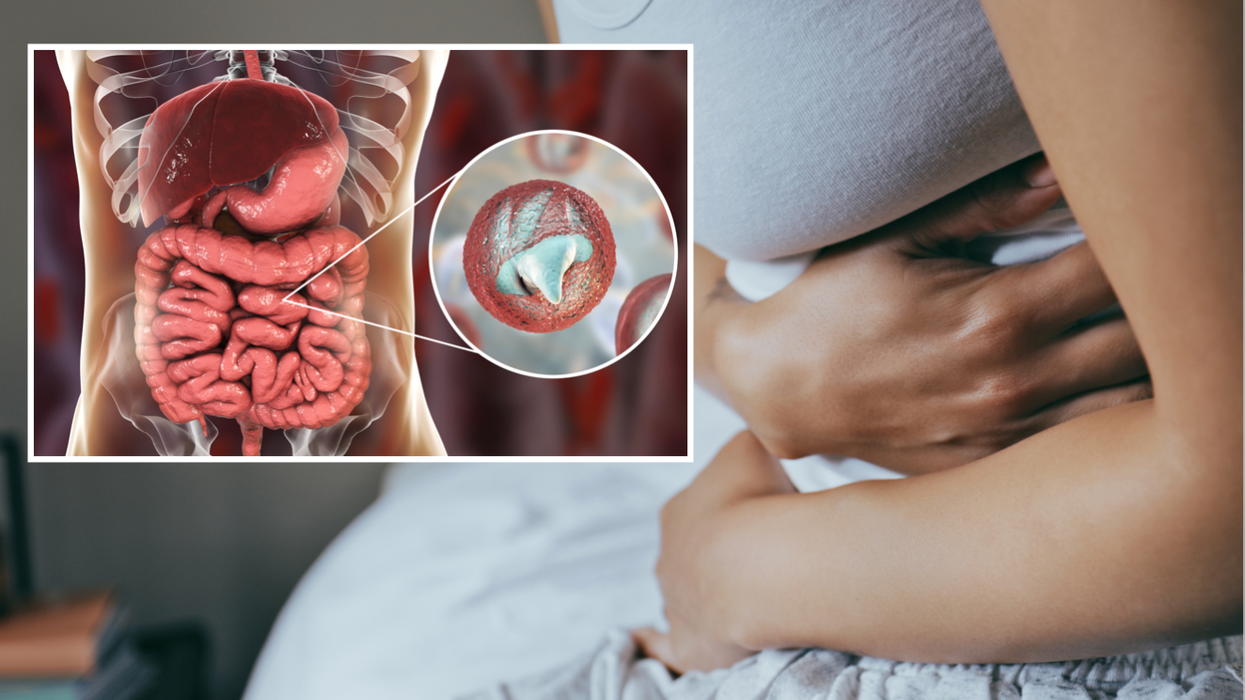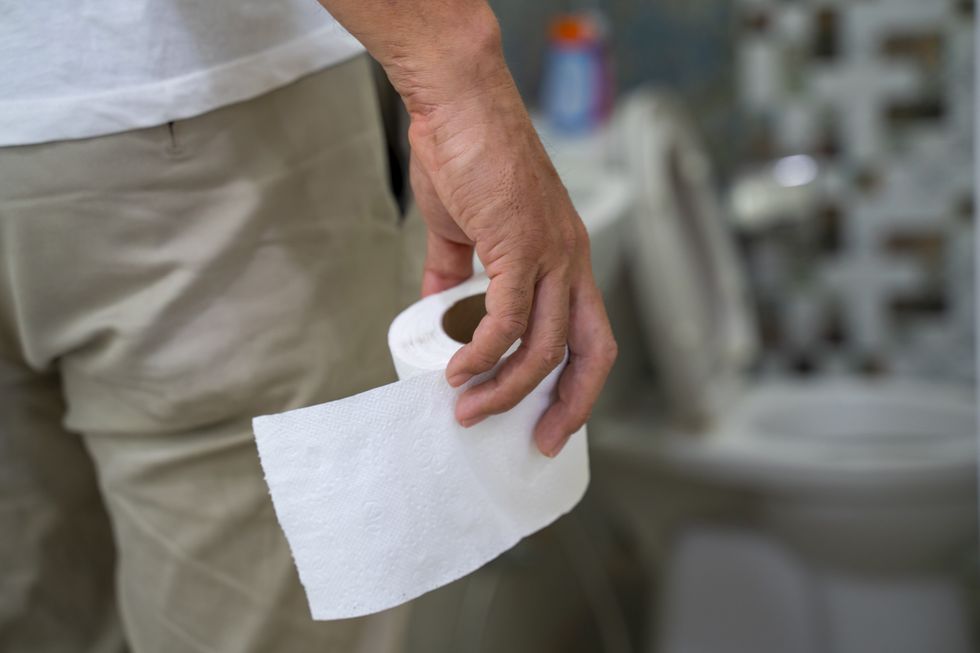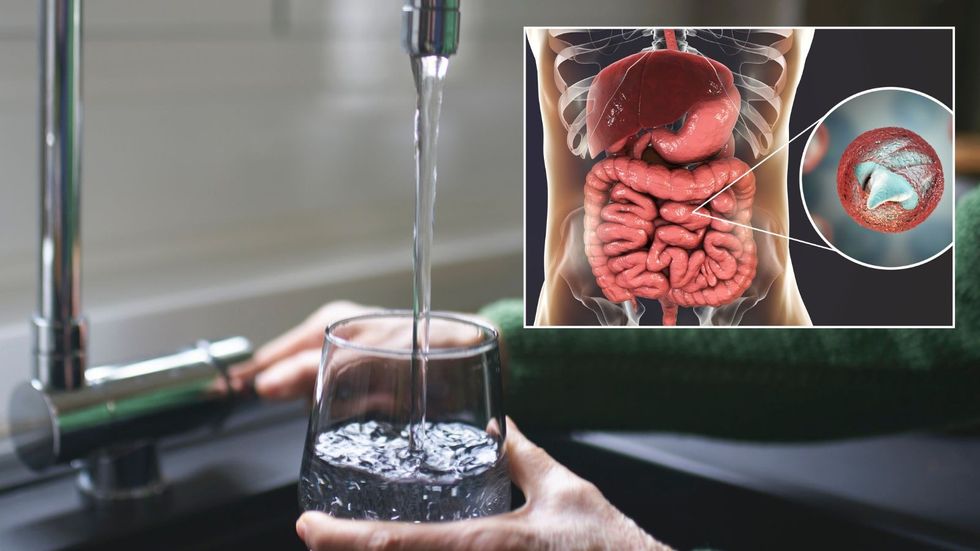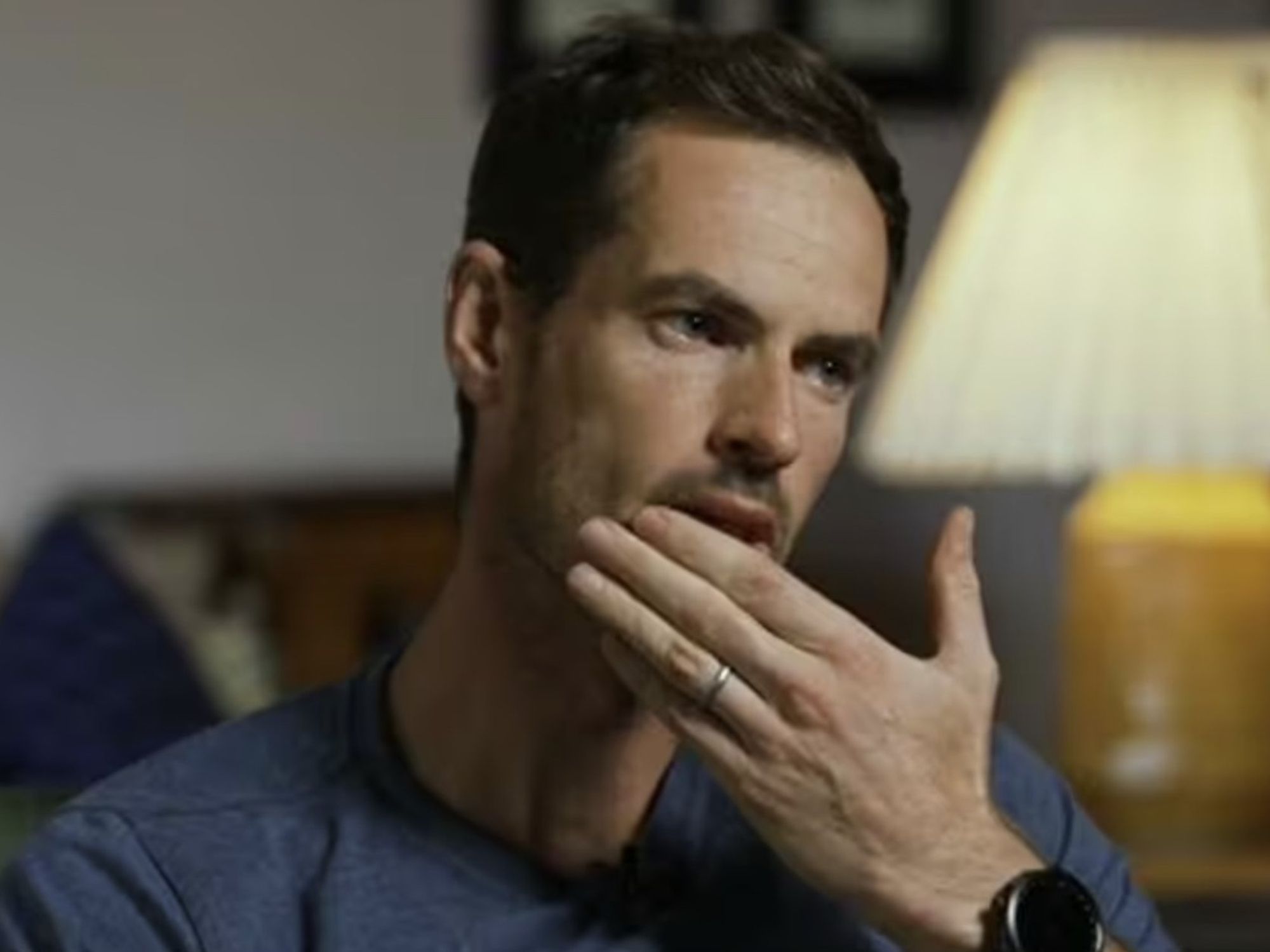Cryptosporidium outbreak: Symptoms to spot as parasitic disease shuts down school and leaves town bedbound

Cryptosporidium is causing carnage in the town of Brixham, Devon
|Getty Images

Cryptosporidium is causing carnage in the town of Brixham, Devon. What are the warning signs of the waterborne disease?
Don't Miss
Most Read
Latest
An outbreak of a highly infectious disease in Devon has forced a primary school to close its doors as health officials race to contain its spread.
The UK Health Security Agency (UKHSA) said 22 cases of cryptosporidium - a waterborne disease caused by a microscopic parasite - had been confirmed in Brixham, Devon.
Hundreds more are feared to be have been struck down by the illness, with local residents being urged to boil their tap water to avoid contamination.
What are the symptoms?
According to Sarah Bird, consultant in health protection at UKHSA South West, symptoms include watery diarrhoea, stomach pains, dehydration, weight loss and fever, which can last for two to three weeks.
“Anyone with a diarrhoeal [sic] illness should drink plenty of water to prevent dehydration and if they have severe symptoms like bloody diarrhoea, they should contact NHS 111 or their GP surgery," she advised.

Symptoms include watery diarrhoea and stomach pains
|Getty Images
According to the NHS, the time taken from picking up cryptosporidium to becoming ill is between one and 12 days but commonly symptoms appear within the first week.
How does it spread?
The disease can be picked up directly from the faeces of another person or animal, from swimming in or drinking contaminated water, or even by eating contaminated food such as unwashed vegetables.
It can also be spread by:
- Drinking raw milk
- Not washing hands properly after direct contact with pets and farm animals. Young animals can carry large numbers of the parasite
Cryptosporidium in manure can contaminate fields, rivers and crops, officials warn.
Who is most at risk?
Sarah Bird of the UKHSA warns that anyone can get the disease but it is most common in young children between one and five years old, and most healthy people will recover fully.
Others at risk include people:
- Who handle infected livestock or their faeces (poo)
- Exposed to human faeces through caring (such as changing nappies, toileting young children) or through sexual contact
- Who drink from untreated, unprotected water supplies or swallow contaminated recreational waters (lakes, rivers, streams, swimming pools or splash pads)
- Who travel to countries where these exposures are likely
"People who catch the disease should stay off school or work for 48 hours after they stop being ill, and away from swimming pools for 14 days," advised Ms Bird.
LATEST DEVELOPMENTS

Residents in Brixham have been urged to boil their tap water after hundreds become unwell
| GettyOutbreak in Brixham - latest
The UK Health Security Agency (UKHSA) said 22 cases of cryptosporidium had been confirmed in Brixham.
Other reported cases of diarrhoea and vomiting in residents and visitors to the south coast town are also under investigation and more confirmed cases of cryptosporidium are expected, the UKHSA said.
South West Water have issued a “boil water notice” for Alston and the Hillhead area of Brixham after water tests showed “small traces” of the parasite cryptosporidium, which causes sickness and diarrhoea.
In a statement on Thursday, Torbay Council said South West Water had opened two bottled water collection points.
A spokesman said: “We are also aware that Eden Park Primary School have made the decision to close today due to not have drinking water. We are not aware of any other school closures.
“Our Public Health team issued general guidance about cryptosporidium to schools yesterday (Wednesday) including its symptoms, treatments and precautions that should be taken.
“South West Water is delivering bottles of water to schools and nurseries as well as continuing to distribute to their priority list.”
The water company previously said data from tests on Tuesday had shown treated water leaving its treatment works was not contaminated, but further tests taken overnight found small traces of cryptosporidium and it had issued the warning to boil water as a precaution.
Residents are being urged to boil water and let it cool before drinking it, preparing or cooking food or cleaning their teeth, though the company said water can continue to be used as normal for washing, bathing and flushing the toilet.
In a statement, South West Water said: “We are working with public health partners to urgently investigate the source.
“We apologise for the inconvenience caused and will continue to keep customers and businesses updated.”
The company said bottled water stations will be set up in the affected areas as soon as possible, while vulnerable customers would get deliveries of bottled water to their homes.










